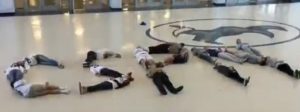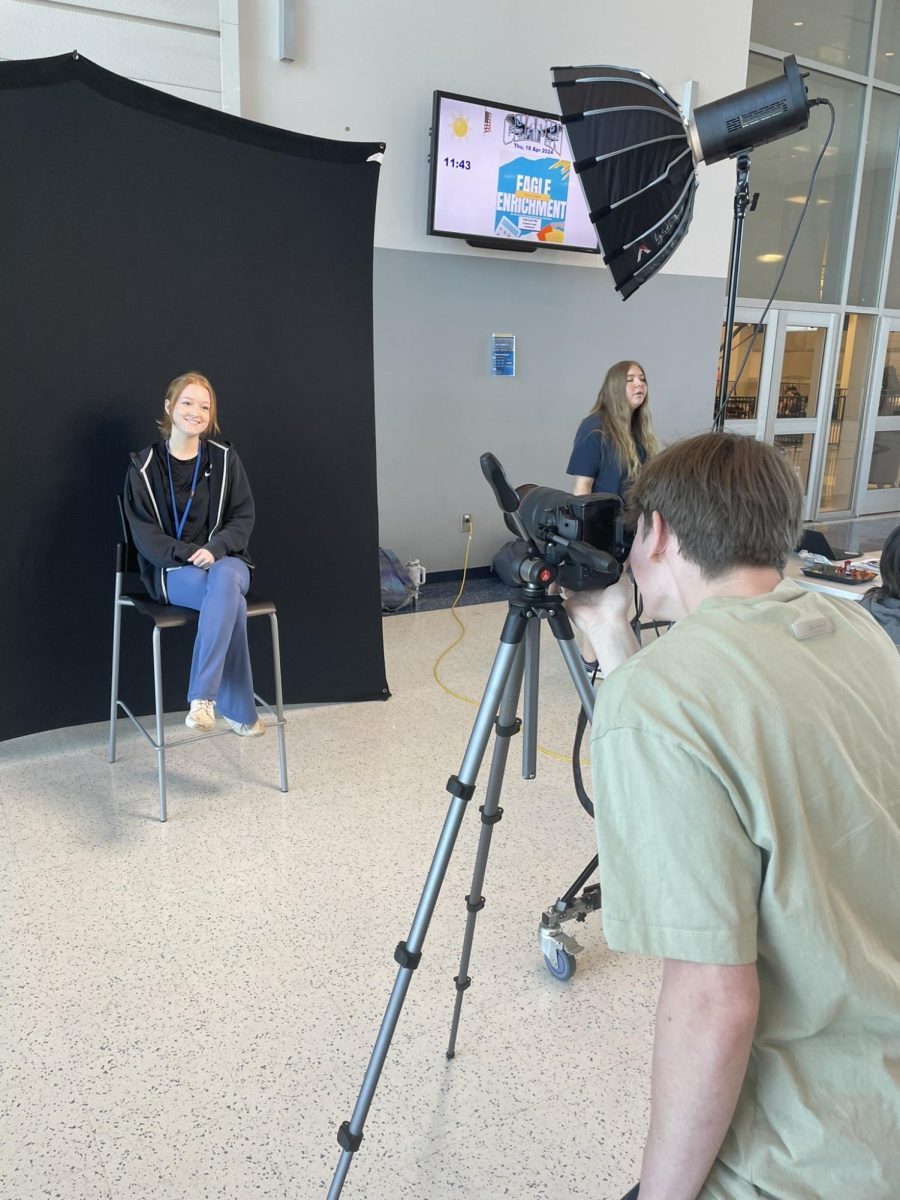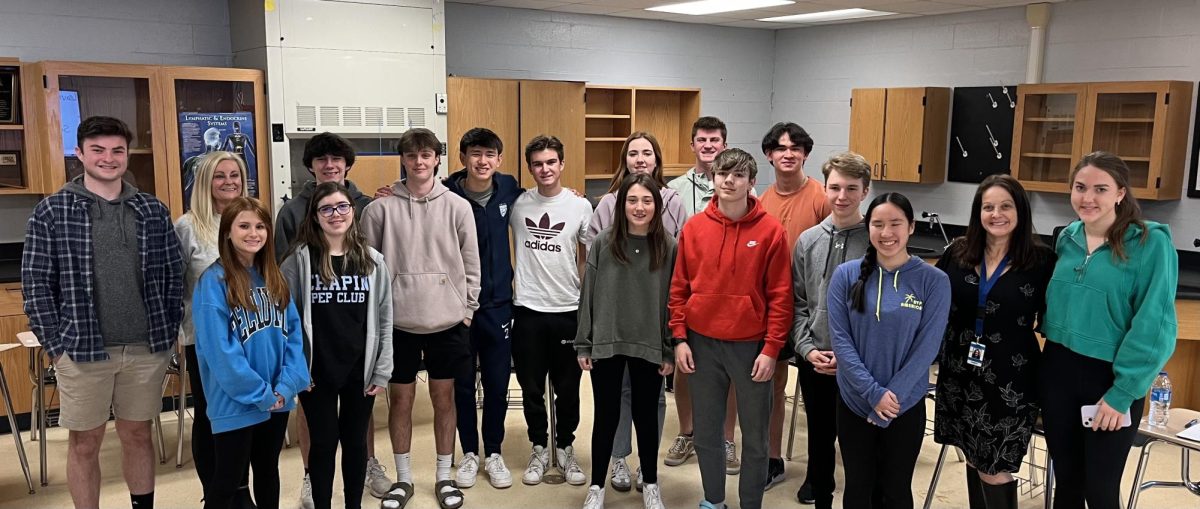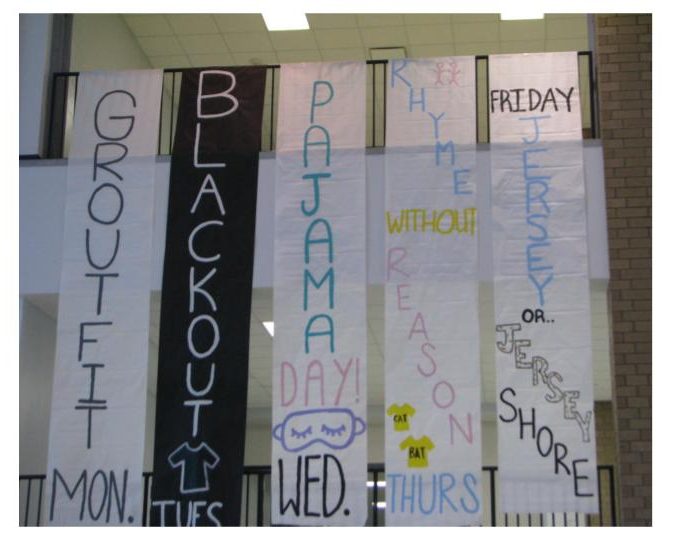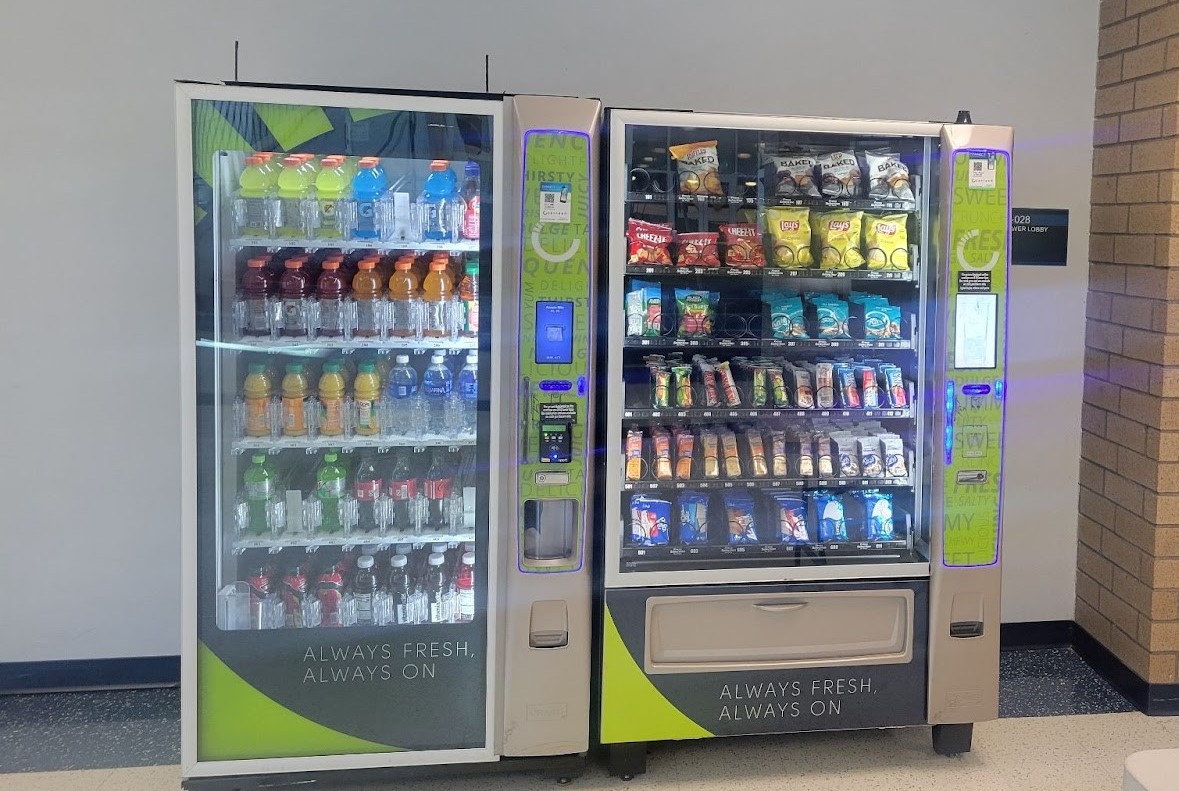They are in charge of Trick-or-Canning, the Holiday Giving Assembly, Golden Eagle Night, and much more. They plan pep rallies and are credited with bringing both Chick-fil-A and Monkey Ice to CHS regularly. So far this year they have raised close to $9000 for the Justin Pepper Foundation and have set a goal of $12000 by December 15. They are Student Government and they do more than make posters.
While they can often be found in the halls hunched over gigantic banners painting posters, they do much more than create colorful banners.
“The role of student government is to organize events and represent the student body but also to set an example for students and to lead them,” Student Government adviser Mrs. Brantley Brinkley said.
Many students believe that student government is literally supposed to govern the students. While it would be easy for someone to assume from the name, it is not entirely true. Governing students is the job of teachers and administrators. Student government does not have the power to regulate punishment or create new school policy without the consent of the administration, but that does not mean they do nothing.
Student government stays busy in other ways.
However, these things tend to be overlooked as students continue to believe the student government officials they elected don’t actually do anything.
Sophomore Ben Davis thinks it is because people have a skewed vision of student government’s power.
“A lot of what students want changed are decisions that are ultimately up to Mr. Ross or the district. Student government’s responsibility is to simply raise attention to possible changes,” Davis said.
Junior Corey Hallman proves his point.
“I think student government should make school start at 9:00, but still end at 3:10,” Hallman said.
The majority of students would support shorter school day but the attendance time is a state requirement not up to them to alter.
Student government does plan on broadening their role in a leadership capacity.
“We spend a lot of time on fundraising,” sophomore student body representative Carl Garris says, “While that is important, it is not our only job. I think we should spend more time on student issues.”
Advisor Brinkley looks forward to helping them make the transition.
“Our goal this year is to focus more as a student government should, to take on a student concern and try and bring about a change,” Brinkley said.
For example, following student government sponsored initiatives at Dutch Fork and Irmo, the district has decided to implement two highly regarded school options on a trial basis. DFHS student government is in the process of negotiating a program that would allow off campus lunch for their seniors. They have presented the concept to the faculty, administration, and school improvement council and are waiting for a decision on their proposal. Irmo student leaders have already begun a major cell phone policy change that allows students to use phones during school hours except during class.
CHS officers are looking forward to making similar changes at Chapin.
During one of the first MASTs and for the first time in recent memory, students were given a survey to open up a channel of communication. There were some good suggestions, but many of the surveys were not filled out or the suggestions were ludicrous.
“Some people took it seriously, and then some people just said that they didn’t care or something ridiculous like wanting SpongeBob to come to school. We’re trying, but we can’t go up to each individual student and demand that they tell us what they want changed,” junior class president Jenny Wilkins said.
Ironically, students feel that their voices are not being heard.
“If I had an issue I wanted changed, I wouldn’t know how to go about letting them know,” said freshman Sierra Wardrup.
Clear communication is a problem but part of the problem is student apathy. Very few students actually attend student meetings or run for leadership positions. Last year, nearly every position from class boards to Student Body president went uncontested. Change takes action and action takes effort. For many students, complaining is easier than campaigning.
